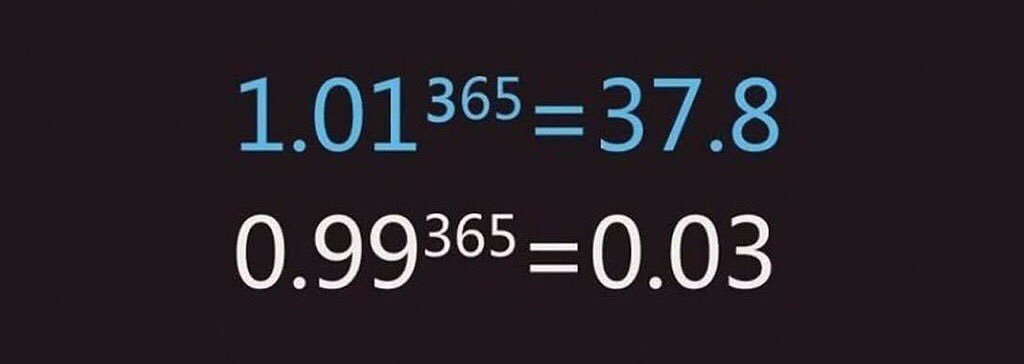“Practice makes perfect.” ~ Benjamin Franklin
“Practice doesn’t make perfect. Practice reduces imperfection.” ~ Toba Beta
I was recently going through a book titled The Daily Stoic by Ryan Holiday. I came across a passage titled “Learn. Practice. Train.” Here is a part of that passage –
Very few people can simply watch an instructional video or hear something explained and then know, backward and forward, how to do it. Most of us actually have to do something several times in order to truly learn.
One of the hallmarks of the martial arts, military training, and athletic training of almost any kind is the hours upon hours upon hours of monotonous practice. An athlete at the highest level will train for years to perform movements that can last mere seconds — or less.
Simply knowing isn’t enough. It must be absorbed into the muscles and the body. It must become part of us. Or we risk losing it the second that we experience stress or difficulty.
I was discussing this passage with my father and we talked about the importance of practice in the things we want to get better at over time.
Practice makes perfect, wrote Benjamin Franklin. We all know that, and we also understand its importance. But not many of us have the patience to apply this to our lives.
Most people would attend a lot of classes to try and learn a lot of things. But not many would practice what they learned in the classes after the classes get over.
I have been one of those people, but I am trying to work hard on this habit of building my “practice muscle.”
One of the best examples of constant, monotonous practice I have known about is that of the legendary sportsman Usain Bolt.
Usain Bolt ran in three Olympics over 8 years. The total time he spent on the tracks in these three Olympics was only about 320 seconds. Yes, that is right! Usain Bolt ran less than six minutes in all his Olympic races, winning most of them and in the process becoming one of the best athletes of all times.
We all know that about Bolt’s achievements. But what we often forget is that for these six minutes of performance for which we know him as a legend, he put in the hard work and practice for of 20+ long years.

I have been learning Kathak for the past 11 years. And one of the important things I have learned from my guru is that dance should not come by you, it should come through you. And for this, you must practice hard for years and years so that it becomes your second nature. I have seen my guru, despite years and years of experience, still doing his daily “riyaaz” (practice), and that inspires me.
Let me share one final example of the importance of practice, that of Austin Naber, who holds the world record in cup stacking. As per Naber, when he started to practice his cup stacking routine, he took 2 to 2.5 minutes to complete it. But with daily practice, he learned to do the same routine in just 5 seconds! Isn’t that amazing?
When asked what the secret behind his achievement was, he said that he continuously practiced for 3 to 4 hours every day for almost 3 years. Some scientists recorded his brain activities while he performed this routine. What they found shocked them all. During his activity, while his hand movements were rapid, his brain was in a rest-like position. It meant that whatever he did was involuntary for him. It had become his “muscle memory.” All because he practiced for years.
0.99 vs 1.01 Rule
I would like to leave you with the a mathematical formula for success (or failure). It gives me a lot of motivation.
The formula is really simple, and it’s also called “0.99 vs 1.01 rule.”

What this formula simply states is that a 1% daily improvement over 365 days will make you 37.8 times of what you are today.
On the other hand, a 1% daily decline over 365 days would lead you to be just 0.03 times of what you are today.
In simple words, if we can aim to be just 1% better every day at what we are doing, we can achieve amazing things over a period of time.
The best thing about this formula is that to apply it, you don’t have to be good at Math but good at the art of practicing.
Success does not come for free. If you do the hard work now, your life will be easy in the future. Alternatively, if you live an easy life now, it may get harder over time.
ACT now or pay the PRICE. That is PRACTICE.
Leave a Reply